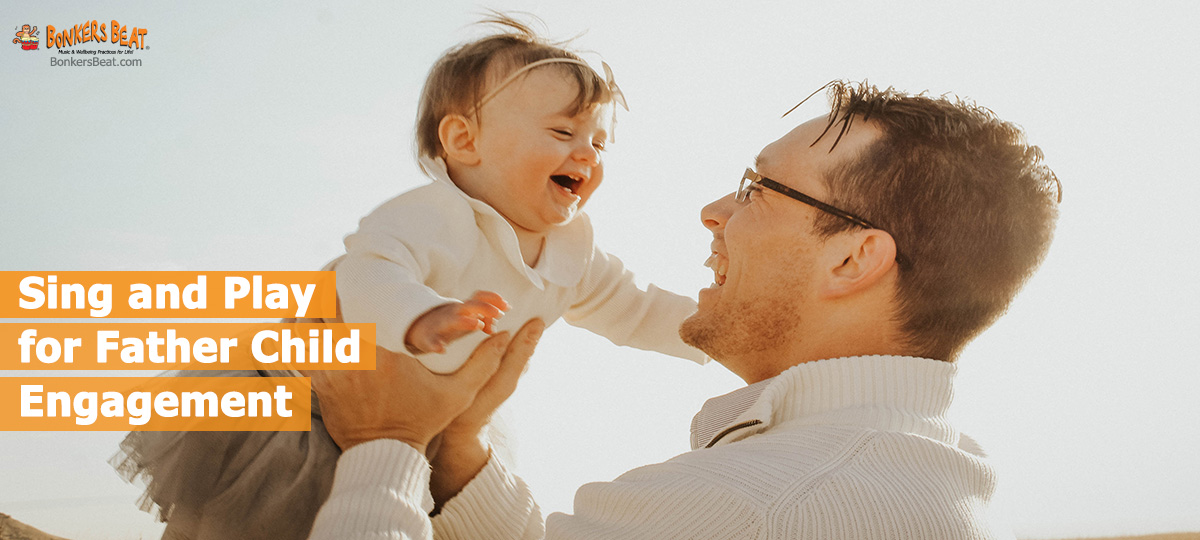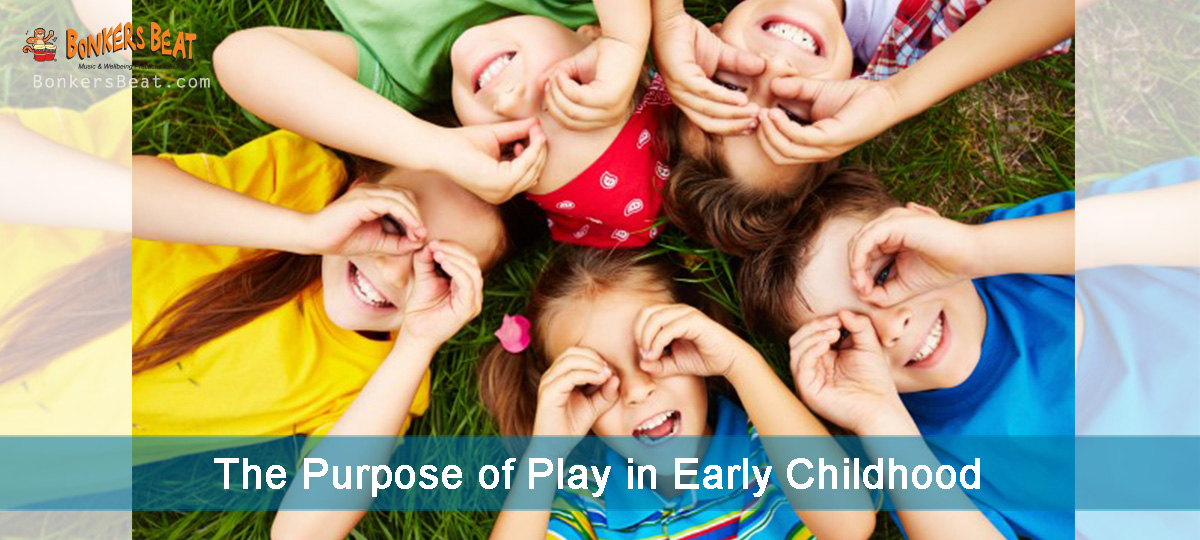While every family is different, quite often it is the mother of the family who has the most engagement in children’s early childhood education. This is for a variety of reasons and sometimes cannot be helped, but where possible it is really important to encourage fathers to grab hold of opportunities to participate in this crucial period of children’s development.
Research has demonstrated that high levels of positive father involvement result in higher levels of self-esteem in children and a range of studies have found favourable social, emotional, behavioural and educational outcomes. This is in addition to nurturing a beautiful father-child relationship that can flourish for a lifetime.
To help create more opportunities for fathers and children to engage and spend time together while enhancing children’s development, we invite dads to join us at Bonkers Beat ‘Sing & Play’ Group!
Offering educational and enjoyable experiences centres around music, wellbeing, Montessori and art, ‘Sing & Play’ Group takes place on Saturdays from 9.30am-10.30am and is suitable for children from 15 months to 3 years old. And your first session is FREE!
Get ready to:
- build your child’s confidence and social skills through music
- enhance creativity through art
- improve wellbeing with stretching and breathing exercises
- stimulate brain development with Montessori experiences
- Have meaningful, quality FUN with your child!
It’s worth noting that increased father and child involvement benefits dads too. Fathers who spend quality time with their children feel more satisfied with their lives and experience more empathy, increased relationship happiness and overall improved sense of wellbeing.
Of course, mums are welcome too, as well as uncles, aunties and grandparents — the more loving and engaged adults in a child’s life, the better!
Try your first session free of charge then continue each Saturday throughout Term 2 at $12 per session. Around the same price as coffee and cake at the local café but with way more benefits for your child!
To register for our 1st session free, email info@bonkersbeat.com or call 9587 8786.
Can’t wait to see you!
Sources:
https://www.dss.gov.au/sites/default/files/documents/op22.pdf
https://www.kidsmatter.edu.au/families/about-families/dads/fathers-connecting-children


